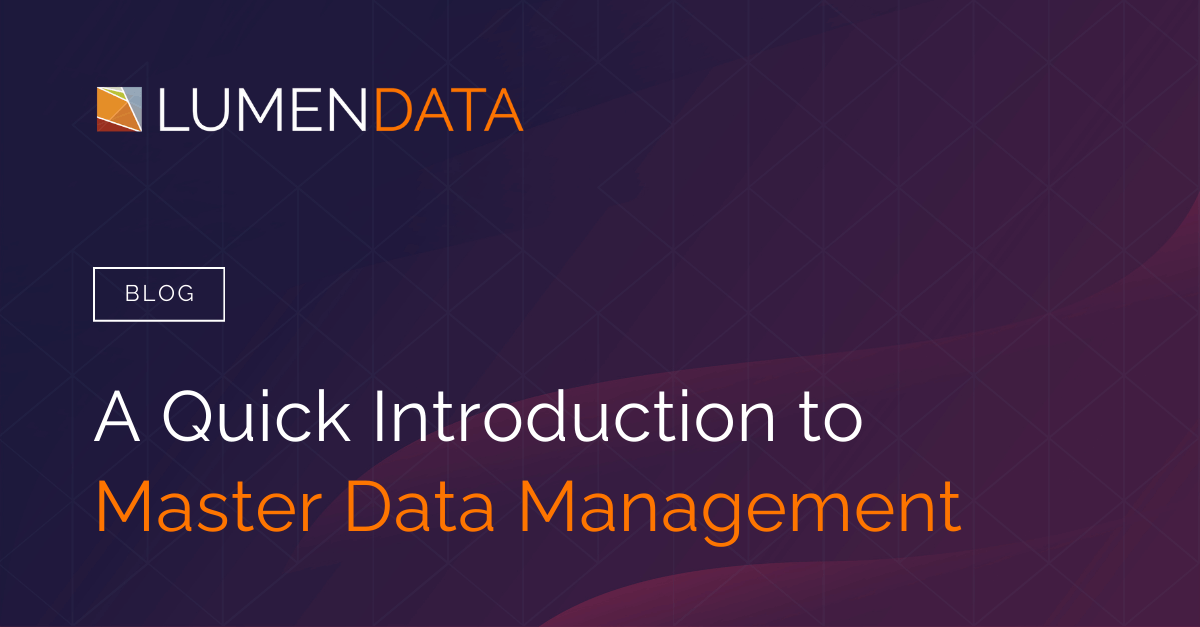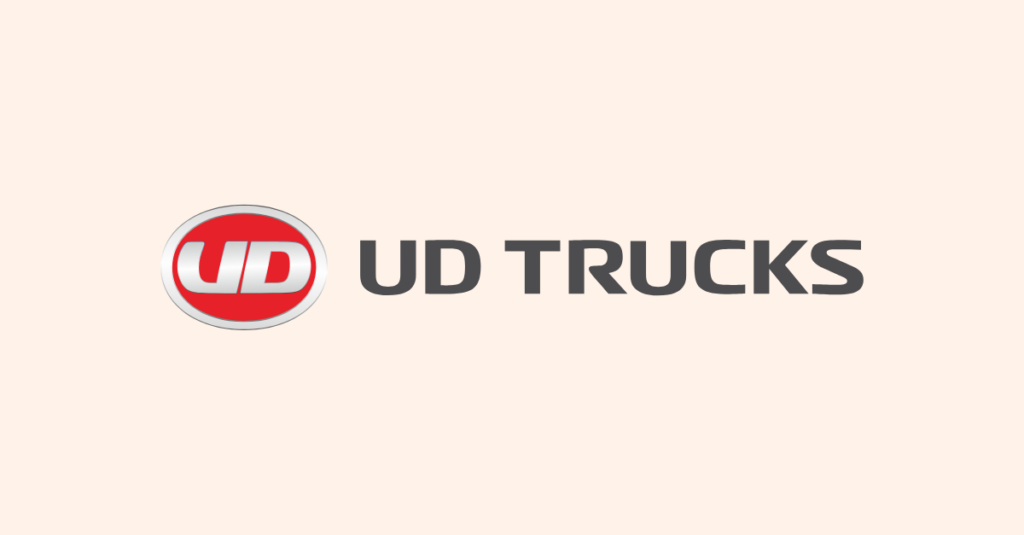Share this on:
Master data management (MDM) is one of the most important disciplines of data management. The global master data management market is predicted to reach USD 34.5 billion at a CAGR of 15.7% by 2027. This blog will give you a quick overview of MDM and why it is important for modern enterprises like yours.
What You'll Learn
Master Data Management
MDM is a process where you standardize customer data, product data, supplier data, and other business entities across various IT systems. This means that you create a single master record for each person, place, or thing in your organization. These people, places, and entities are from both internal and external data sources and applications. With master data management, you get solutions for data cleansing, transformation, and integration.
Master Data Management is defined as a technology-enabled discipline in which business and IT work together to ensure the uniformity, accuracy, stewardship, semantic consistency and accountability of the enterprise’s official shared master data assets.
Gartner experts have rightly established that technology alone is not enough to solve the bigger problem of data and analytics governance.
And this is where master data management comes in and helps solve problems related to people, processes, and technology across the enterprise. When you perform master data management properly, it helps facilitate data sharing between different business systems.
If you are an organization with a variety of platforms and applications, MDM helps with streamlining data processing. Simply put, master data management is a process of data organization and consolidation and generates a 360-degree view of your organization’s information.
MDM creates a “master record” also known as a “golden record”. It has all the relevant information that your organization needs for smooth operations. Some of the most common master data management categories include customer master data management, product master data management, supplier master data management, reference master data management, asset master data management, and more.
Data Types Associated with Master Data Management
Master Data
This refers to all the relevant information related to your business operation. Your organization’s master data is usually shared across various departments and used for key business decisions. Large, complex data sets with multiple variables are part of master data. One thing to note about master data is that it does not have any transactional data as its part. Also, master data doesn’t change frequently.
A classic example of master data is customer data such as name, address, and phone number. Now, let’s say this data is scattered across different places within the organization, instead of a master database. There’s no single source of truth or golden record of this information which could lead to miscommunications within teams and delays in business decisions. This is exactly where establishing MDM could help your organization grow.
Reference Data
Reference data is referred to as the subset of master data. It will have predefined and standardized values used across the organization.
This, in turn, helps with data integrity and consistency. Reference data will categorize value in MDM domain to control how other types of data are defined.
It is important for data searching and reporting.
Examples of reference data include country codes, product categories, and more.
Metadata
Metadata provides you with information about your master data. It will have information about data sources, format, creation date, and governance policies.
Metadata ensures that master data such as customer/product record is accurately defined, categorized, and governed across systems.
Let’s understand metadata in the context of master data management. If you have a customer record with you, metadata for that record will have a source system which can be CRM, ERP, or any other third-party data provider.
Metadata will also define when this record was created or last modified, who has the edit access to it, which business unit is responsible for maintaining this data, and more.
Benefits of Master Data Management
You need accurate and timely data to make key decisions for the organization. Not just you – everybody on the team would require clean and good quality data to work with.
Having trusted master data is a must and for this, you will require master data management. Legacy systems working in different silos just can’t support quickly changing business models. Here are a few advantages of MDM:
- Your organization will experience reduced data errors across multiple applications. Let’s say you have the same customer record entered by different teams in an inconsistent way. Like John A. Kay in one system can be written as J. Kay in some other system. MDM will merge and standardize John Kay’s record, enabling a consistent and accurate customer profile.
- There will be better analytics insights and business decisions. This is because MDM facilitates a unified and trustworthy data foundation. You have consistent master data that enables you to perform predictive analysis and support AI-driven decision-making.
- You will always have high-quality, consistent master data that would further enable you to automate and optimize critical end-to-end processes. Different departments within your organization such as sales, marketing, and operations will have access to accurate data. Result? Faster cycle times, better collaboration, and improved business agility.
- With MDM, you’d be able to facilitate enhanced data transparency and compliance with data privacy and other regulations. It will enforce data security policies, such as access controls and encryption, to protect your sensitive data.
- This is crucial when complying with popular regulations like HIPAA and GDPR. Master data management will ensure that only authorized personnel have access to sensitive data.
Master Data Management Services by LumenData
LumenData is the leading provider of master data management services in the U.S. We help you select and implement the right master data management technology for your business.
Some key services that we provide for MDM include fit gap analysis, data strategy, MDM roadmap, modernization from legacy to cloud-based MDM solutions, cloud data integration, and much more.
The LumenData Advantage
Automation Tools & Accelerators
Database Migration Tools & Accelerators to reduce SaaS MDM by 2 months.
Assistance in Documenting ROI
100% Assistance in Documenting the ROI of master data management solutions.
Bi-Weekly Knowledge Transfer
Sessions to enable customers to manage the solution independently.
100+ Cloud MDM Projects
100+ Successfully delivered cloud-based master data management projects.
Ready to Turn
Data Into Insights?
Reach out to us today!
To find out more about how we can help your organization navigate master data management processes, get on a free one-hour discovery call with our experts.
About LumenData:
LumenData is a leading provider of Enterprise Data Management, Cloud and Analytics solutions and helps businesses handle data silos, discover their potential, and prepare for end-to-end digital transformation. Founded in 2008, the company is headquartered in Santa Clara, California, with locations in India.
With 150+ Technical and Functional Consultants, LumenData forms strong client partnerships to drive high-quality outcomes. Their work across multiple industries and with prestigious clients like Versant Health, Boston Consulting Group, FDA, Department of Labor, Kroger, Nissan, Autodesk, Bayer, Bausch & Lomb, Citibank, Credit Suisse, Cummins, Gilead, HP, Nintendo, PC Connection, Starbucks, University of Colorado, Weight Watchers, KAO, HealthEdge, Amylyx, Brinks, Clara Analytics, and Royal Caribbean Group, speaks to their capabilities.
For media inquiries, please contact: marketing@lumendata.com.
Authors

Content Writer

Senior Consultant - Level 2





